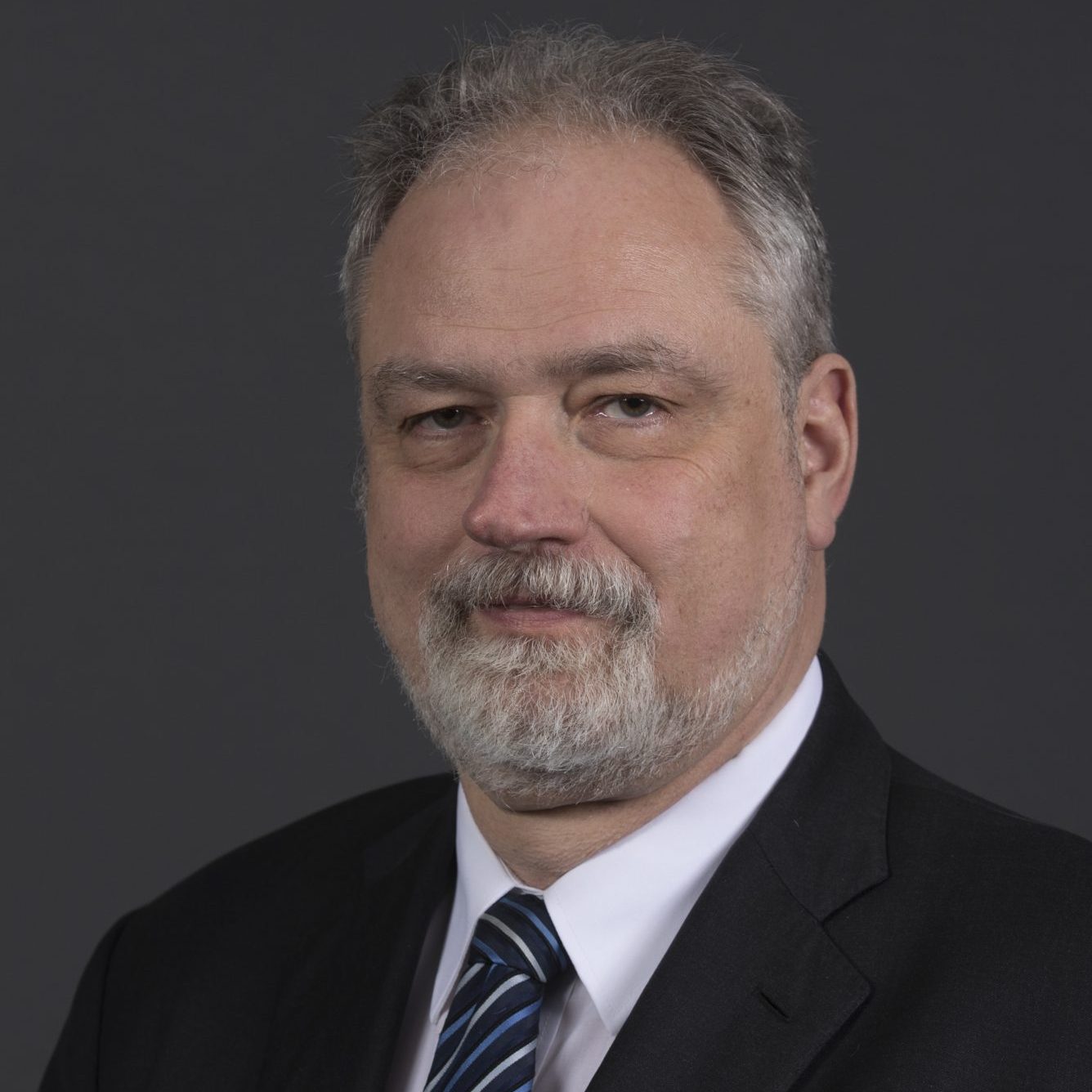Cyber-Physical Security through Information Flow
A Cyber-Physical System (CPS) is an engineered physical system with a significant cyber component and consists of many interacting distributed cyber and physical components. CPSs are deployed in critical applications, such as advanced power electronics in a green electric power system, vehicles in an automated highway system, distributed aircraft navigation systems, chemical process plants, and consumer components of a smart house in which correct operation is paramount. Unintended or misunderstood interactions among the components of a CPS cause unpredictable behavior, leading to serious errors. While each component may independently function correctly, their composition may yield incorrectness due to Interference. Interference that violates correctness or security is well-understood in the purely software (cyber) domain. In the CPS domain, interference is much less understood. Security and confidentiality problems are particularly vexing. Attacks such as Stuxnet show how formal security properties can be violated through physical interference with the cyber components. To add to the difficulty, CPS security is difficult to specify in terms of traditional “high” and “low” security.
This talk presents an interpretation of formal information flow properties and interference within the context of a cyber-physical system, blending both physical and cyber information flow properties across multiple security domains. This poses the deep scientific question: how to make such systems secure and correct?
Date and Time
Location
Hosts
Registration
- Date: 26 Sep 2019
- Time: 06:30 PM to 09:00 PM
- All times are (GMT-05:00) US/Eastern
-
 Add Event to Calendar
Add Event to Calendar
- 3700 O'Hara Street
- University of Pittsburgh
- Pittsburgh, Pennsylvania
- United States 15213
- Building: Benedum Hall
- Room Number: 1145
- Contact Event Host
- Co-sponsored by CH02134 Robotics and automation
- Starts 01 July 2019 09:28 AM
- Ends 25 September 2019 09:28 AM
- All times are (GMT-05:00) US/Eastern
- No Admission Charge
Speakers
 Bruce McMillan
Bruce McMillan
Cyber-Physical Security through Information Flow
A Cyber-Physical System (CPS) is an engineered physical system with a significant cyber component and consists of many interacting distributed cyber and physical components. CPSs are deployed in critical applications, such as advanced power electronics in a green electric power system, vehicles in an automated highway system, distributed aircraft navigation systems, chemical process plants, and consumer components of a smart house in which correct operation is paramount. Unintended or misunderstood interactions among the components of a CPS cause unpredictable behavior, leading to serious errors. While each component may independently function correctly, their composition may yield incorrectness due to Interference. Interference that violates correctness or security is well-understood in the purely software (cyber) domain. In the CPS domain, interference is much less understood. Security and confidentiality problems are particularly vexing. Attacks such as Stuxnet show how formal security properties can be violated through physical interference with the cyber components. To add to the difficulty, CPS security is difficult to specify in terms of traditional “high” and “low” security.
This talk presents an interpretation of formal information flow properties and interference within the context of a cyber-physical system, blending both physical and cyber information flow properties across multiple security domains. This poses the deep scientific question: how to make such systems secure and correct?
Biography:
Biography
Bruce McMillin received a PhD in computer science in 1988 from Michigan State University and a BS degree in electrical and computer engineering from Michigan Technological University. He is a Senior Member and a Golden Core awardee of the Computer Society and received its Outstanding Contribution Award. He is a professor and interim chair of computer science at the Missouri University of Science and Technology (formerly UM–Rolla) and director of its Center for Information Assurance. His work involves fault-tolerant, secure, distributed, embedded systems for critical infrastructures, and he participates in smart-grid–related standards activities. He is extending this core work in computing and engineering into a Smart Environment focus that blends computing with the social sciences.
McMillin is the current vice chair of Membership and Geographical Activities for the Special Technical Communities (STCs), whose mission this year is expanding outreach from the 20+ STCs. He also serves as member at large of the Technical and Conferences Activities Board Executive Committee. He has authored or co-authored more than 100 peer-reviewed papers and has served as program chair and committee member on IEEE conferences. He is an ABET program evaluator for both the Computing and Engineering Accreditation Commissions.
Missouri University of Science and Technology
Phone: +1 573 341 6435
Email: ff@mst.edu
Agenda
6:30 PM Light dinner
7:00 PM Presentation
8:00 PM Questions
9:00 PM Adjourn
